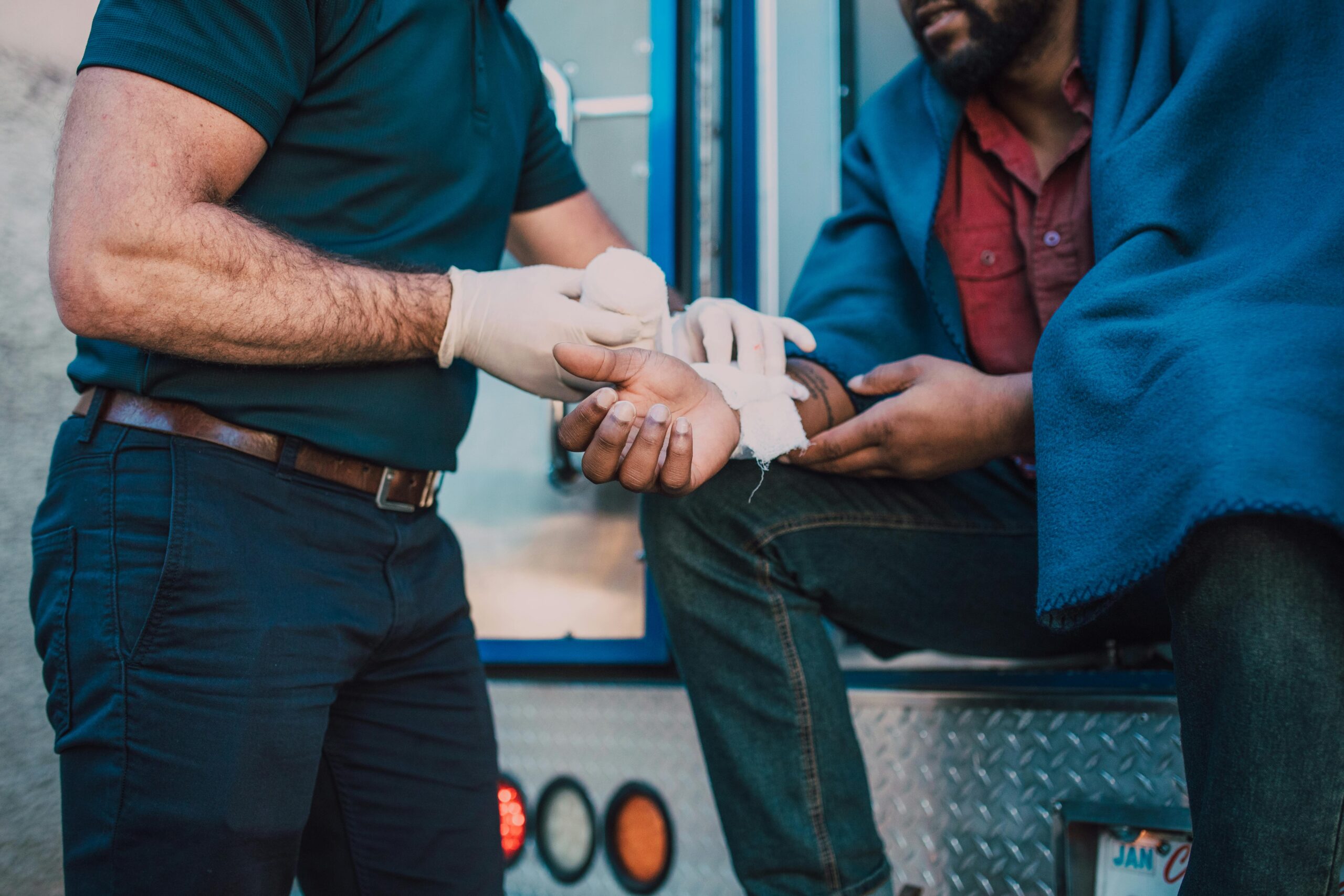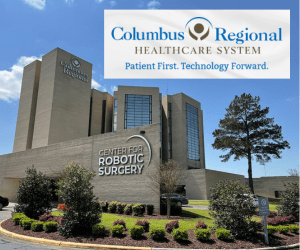Accidents can leave more than just immediate physical injuries. They can set the stage for long-term health challenges if not managed properly. Motor vehicle accidents, in particular, remain a pressing concern in the United States.
According to the IIHS, there were 40,901 fatalities in 2023. This translates to 12.2 deaths per 100,000 individuals and 1.26 fatalities per 100 million miles driven. The risks also vary significantly across states. While Massachusetts reported 4.9 deaths per 100,000 people, Mississippi faced a rate nearly five times higher at 24.9.
Yet beyond these sobering numbers lies another reality. Many survivors endure ongoing struggles such as chronic pain, mobility issues, or mental health challenges. Often, these secondary conditions emerge when initial injuries are left untreated or when recovery is delayed.
But the good news is, with proactive measures and proper care, these complications can often be minimized or even avoided. In this article, we’ll explore practical strategies to help you safeguard your health and well-being after an accident. These strategies can support a smoother and more complete recovery.
The Importance of Accurate Diagnosis
A proper diagnosis isn’t just about knowing what’s wrong. It’s about understanding the full scope of your injuries. Many injuries resulting from accidents are not immediately visible.
Conditions like concussions, hairline fractures, or internal bleeding often lack obvious symptoms in the early stages. That’s why doctors often recommend diagnostic tests like X-rays, MRIs, or CT scans after accidents, even if you feel okay.
A delayed or missed diagnosis can have devastating consequences. Imagine having a small spinal injury that isn’t detected early. If left untreated, these injuries can worsen over time, potentially resulting in nerve damage, chronic back pain, or even paralysis. Likewise, an untreated concussion may lead to memory problems, dizziness, and lasting cognitive difficulties.
This is where technology is beginning to change the situation. A review found in BMC highlights how artificial intelligence (AI) is transforming modern healthcare, especially in diagnostics and clinical decision support.
By analyzing imaging scans and patient data more efficiently than traditional methods, AI can help identify subtle injuries. These are injuries that human eyes might otherwise miss. This offers patients a stronger safety net against delayed or inaccurate diagnoses.
Following a Personalized Recovery Plan
A treatment plan tailored by your healthcare provider can help reduce the risk of long-term complications and support a smoother healing journey. The importance of such individualized care becomes clear when looking at real-life tragedies. One such incident happened in Little Rock.
In August 2024, a crash involving a Little Rock Police Department officer happened near the intersection of Baseline and Stagecoach. The accident involved a motorcycle and another vehicle, and the officer involved was hospitalized due to the incident. As per KTHV, the collision caused traffic disruption in the area while emergency responders attended to the scene.
Incidents like this highlight the need for both immediate medical attention and long-term support. Recovery extends far beyond physical healing. Mounting medical bills, lost income, and emotional trauma often weigh heavily on victims. That’s where a local Little Rock auto accident lawyer comes in.
As per the Keith Law Group, such lawyers focus on providing compassionate, individualized guidance. They help you address the financial, psychological, and legal challenges that come with serious injuries.
A personalized recovery plan works hand in hand with legal support. Such a plan may include:
- Balanced rest and movement: Avoiding both inactivity and overexertion.
- Nutritional guidance: Supporting faster tissue repair and a stronger immune system.
- Mental health support: Access to counseling, meditation, or group therapy to cope with trauma. We will discuss it further in the coming section.
Prioritizing Mental Health After an Accident
When considering accident recovery, most people visualize casts, crutches, and physical therapy. However, another significant challenge many survivors face is the mental and emotional aftermath. Anxiety, depression, fear of driving, flashbacks, and post-traumatic stress disorder (PTSD) are prevalent yet often overlooked.
A study by NIH analyzed the research on mental health impairment and recovery. It focused on individuals who have sustained road traffic injuries (RTIs) in Europe. It highlighted the persistent risks of PTSD, depression, and other mental health issues faced by survivors. It also emphasized the influence of various socioeconomic, health, and injury-related factors on recovery outcomes.
Mental health struggles can develop gradually. Initially, you might feel just a little shaken. Life’s challenges can gradually transform everyday feelings into persistent struggles affecting your entire existence. This highlights why maintaining psychological wellness deserves equal attention during physical healing processes.
Practical steps to support mental health include:
- Psychologists and counselors can offer essential coping strategies.
- Speaking with others who have experienced comparable difficulties can make you feel less isolated.
- Stress-relieving and mind-calming practices include writing, yoga, and meditation.

Rehabilitation and Physical Therapy
Rehabilitation is where true healing occurs. Once the initial injuries are treated, the journey to regain strength, mobility, and function begins. Neglecting this essential phase represents a leading cause of post-accident complications that develop in many patients.
Physical therapy is more than just exercise. It involves a structured program designed by experts to address specific weaknesses and restore your body’s natural movement.
Beyond the physical benefits, rehabilitation plays a significant role in building confidence. Many accident survivors experience fear of re-injury, and physiotherapy offers a guided, safe environment to help restore trust in their bodies.
This emphasis on rehabilitation is reflected in the growing market for physical therapy services. Valued at approximately $47.59 billion in 2024, the American physical therapy market is significant.
Grand View Research projects it to increase at a 4.60% compound annual rate through 2030. This expansion stems from multiple factors. The factors include demographic shifts toward an older population, rising chronic disease rates, and greater emphasis on prevention.
FAQs
How can you mentally recover after an accident?
Mental recovery after an accident requires patience and self-care. Maintaining a balanced diet, sticking to a regular sleep routine, and talking to supportive loved ones can reduce anxiety. Engaging in relaxation techniques, gentle activities, or professional counseling may also help rebuild confidence and emotional well-being.
What nutritional food helps in the healing of an injury?
The healing process accelerates when incorporating inflammation-fighting nutrition. Antioxidant-rich fruits, including blueberries, strawberries, and raspberries, support tissue repair. Similarly, omega-3-abundant seafood options like salmon and sardines help minimize inflammatory responses during recuperation. Together, they promote faster healing, support tissue repair, and strengthen immunity.
What is neurogenic shock after an accident?
Neurogenic shock is a serious condition caused by spinal cord injury, particularly in the cervical or upper thoracic vertebrae above T6. It disrupts the autonomic nervous system, leading to dangerously low blood pressure, reduced heart rate, and poor circulation if untreated.
In the aftermath of an accident, your recovery extends far beyond the initial treatment of injuries. By prioritizing early diagnosis, mental health care, and rehabilitation, you can significantly reduce the risk of secondary health issues.
Your current decisions shape your future health outcomes. Are you willing to actively protect your wellness through deliberate measures, or would you rather gamble with your healing process? The path to long-term health is in your hands. Choose wisely.
(Contributed Post)








